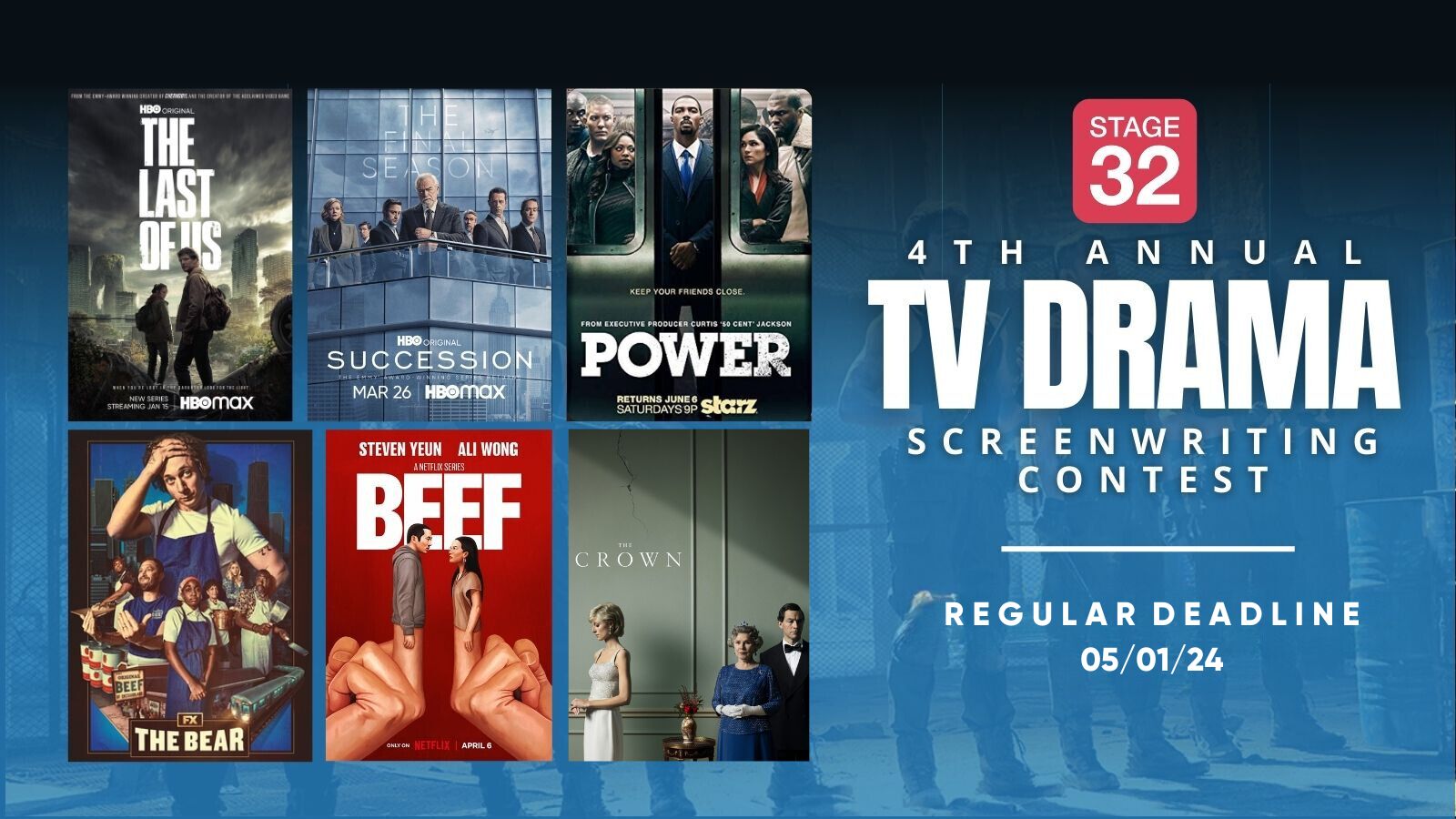The weekend arrives and you decide that you are going to start a new project, beginning with an empty slate of ideas. You spend 20 minutes, maybe 30, spitballing and brainstorming and come up with a list of 10 ideas; 2 of which are possibly brilliant, and 2 of which have potential.
Now, we all know that the odds of having any brilliant ideas out of ten is a longshot, but play along here.
What types of processes do you employ to evaluate which of these you are going to invest your time in, as there is opportunity cost at stake in pursuing a dud?
Note that this isn't a solicitation of advice, rather a quest to satisfy my curiosity regarding what other creatives do to sift the wheat from the chaff.
Happy writing!



Simple. The next day probably 1(0) out of 1(0)sucks And I ask myself didn't I stop smoking joints 30 years ago? And then, ones in a while, I have an idea I think it'worth it to explore and construct a max 33 words logline. If I can't, I know I don't have a clear theme, and I stop wasting my time.
Then I must be honest, one sucky idea per day is more then enough for my brain -- overload --overload.
I watch the news - it's great for comedy ideas.
Second Doug: Browsing between The Onion or The Babylon Bee and National Review, Breitbart, or the Daily Mail, sometimes I can't tell the difference between parody and what passes for news.
My idea often start with a film concept or an image. Here is “Waiting”. I had the idea of a car sitting on the side of a rural road, it hot, feeling like it is baking in the sun.
Need two people. Could be husband and wife, two woman (no Thelma and Louise is too good, I couldn’t compete), two guys. Bingo. Two angry guys, pissed off at the heat. No phones so they are stuck. Makes it pre-1990s. What question could I answer with these two guys. “How long would you wait for revenge?” “Can you get so bitter you lose your morals?”. I made them criminals waiting for a pickup. There is a phone booth. So they can get the occasional call.
I think about how I can put people at odds. Does this (any) idea give me that opportunity. I also like to pose larger questions. That reflect badly on society and then put them in a personal story.
Using a Bible refrain for gaining insights.
1 person likes this
As you start adding flesh, it'll be easy to see which you can actually make amazing. I do good ol' fashion brainstorming, splattered all over a page.
1 person likes this
I think first about my target audience. What are their needs? What would inspire them? Make them a better kid, mom, or dad? What feedback have I gotten on a similar theme - perhaps from a prison inmate - detailing the positive effect a previous film had on them? Am I excited about it? Is it easily marketable? Does a great poster come quickly to mind? (I started as a top-selling poster designer) If all the above check out, I'm ready to jump on the story.
I usually choose the story that I have a vague idea of what the ending will be, whether it’ll be changed somewhere down the line or not.
1 person likes this
I do pretty much the same thing but phrase it as, "What if" and then try to come up with 10 or more "What Ifs". Plus, listening to the music that I grew up with seems to always get the creative juices flowing.
1 person likes this
Hi, Craig. For me, I dive into ideas that interest me. Something I’d like to see or haven’t seen. Or as Aray said above, what stays with me or keeps me up at night. Then I spend time in exploration and research mode. And then after that, I consider other aspects such as can it be fleshed out into an effective story, is it cinematic, does it have legs, etc.
1 person likes this
I do a one pager. If that doesn't impress me and make me want to stay up all night writing it, I don't write it.
1 person likes this
If I have an idea for a script the first thing I do is write out the most critical scene. If that goes well, then I'll try writing the next most important scene. If I can get several killer scenes written, then I know I got a keeper. The filler scenes then can be written to support the killer scenes.
Besides your GOLDEN scenes, how gripping should your SUPPORTING scenes be Richard, should they be SILVER? And so, why? Best, Rutger
4 people like this
Well, first I come up with closer to 100 ideas to find the one that is worth going to script, because the odds are closer to 98% crap, 2% good.
Generating ideas uses the creative side of the brain, and you don't want to censor ideas at this point. Sometimes a terrible idea leads to a great idea.
Once you have all of those ideas, it's time to switch from the creative side of the brain to the analytical side. From emotion to reason. Your need to use both sides of your brain or you will end up with a half brained idea!
In my Idea Machine Blue Book, I have criteria for Story and for Commercial aspects of an idea. I think there's ten elements to consider for each.
One of the things about screenwriting that is different than other types of fiction is that it is a mass market medium. A novel might only run 5,000 copies. A movie is going to be seen by tens of millions of people worldwide. The cost of that short run of a novel is low, the average cost of a movie in the USA is $107 million - big summer movies are around $250m (or more). So a movie idea needs to appeal to a large international audience. And even a small movie is competing for eyeballs with the big film. People pay the same to see the $250m film in a cinema as they do for a low budget film. So no matter what the budget, you need to begin with a great idea. One that people can't wait to see.
So whether the idea meets commercial criteria (which represents whether an audience has been interested in similar films in the recent past - it's really about what people want to see rather than money) is one of the most important aspects.
Also, cost of production vs potential earnings. Some ideas are expensive, is there one that uses more imagination and will provide a larger audience at a smaller production cost? A mind blowing movie like COHERENCE ($50k budget) is better than an idea that we've seen before set in outer space. You want the idea to be the draw, not the location and sets, etc.
Most of the commercial criteria is just finding a bunch of recent financially successful compatible films. You are going to need to do that to sell the script, anyway - better to do it at the id a stage.
Other elements are going to be star parts, ability for the idea to generate 110 exciting pages (but not 150 pages or only 60 pages), to be in a popular genre, to be unique and universal, to have a built in emotional conflict and a physical conflict that can generate a dozen exciting scenes, etc.
You need the idea that will attract producers - the money people. You may be emotionally attracted to the idea because of the characters, but the people who buy your script need to be attracted to it because there is factual evidence that it can make a large profit. Something that they can use to get financing.
So, what are the numbers for each idea?
- Bill
Good insights Bill. High Concept and Binge Worthy Script with relatable characters.
2 people like this
A good logline. That is, is your central idea a good and complete one? Many successful screenwriters and execs say before you write the script, work out your logline until you can say in one or two short sentences (25-50 words) who the protagonist is, what do their want, what stands in their way, and what's at stake if they fail. Then tell that logline to friends and fellow writers and see how they react. If they say, "I'd watch that movie/show!" then you have something. Then start writing and keep the logline as your North star.
1 person likes this
Answer who, what, when and where.